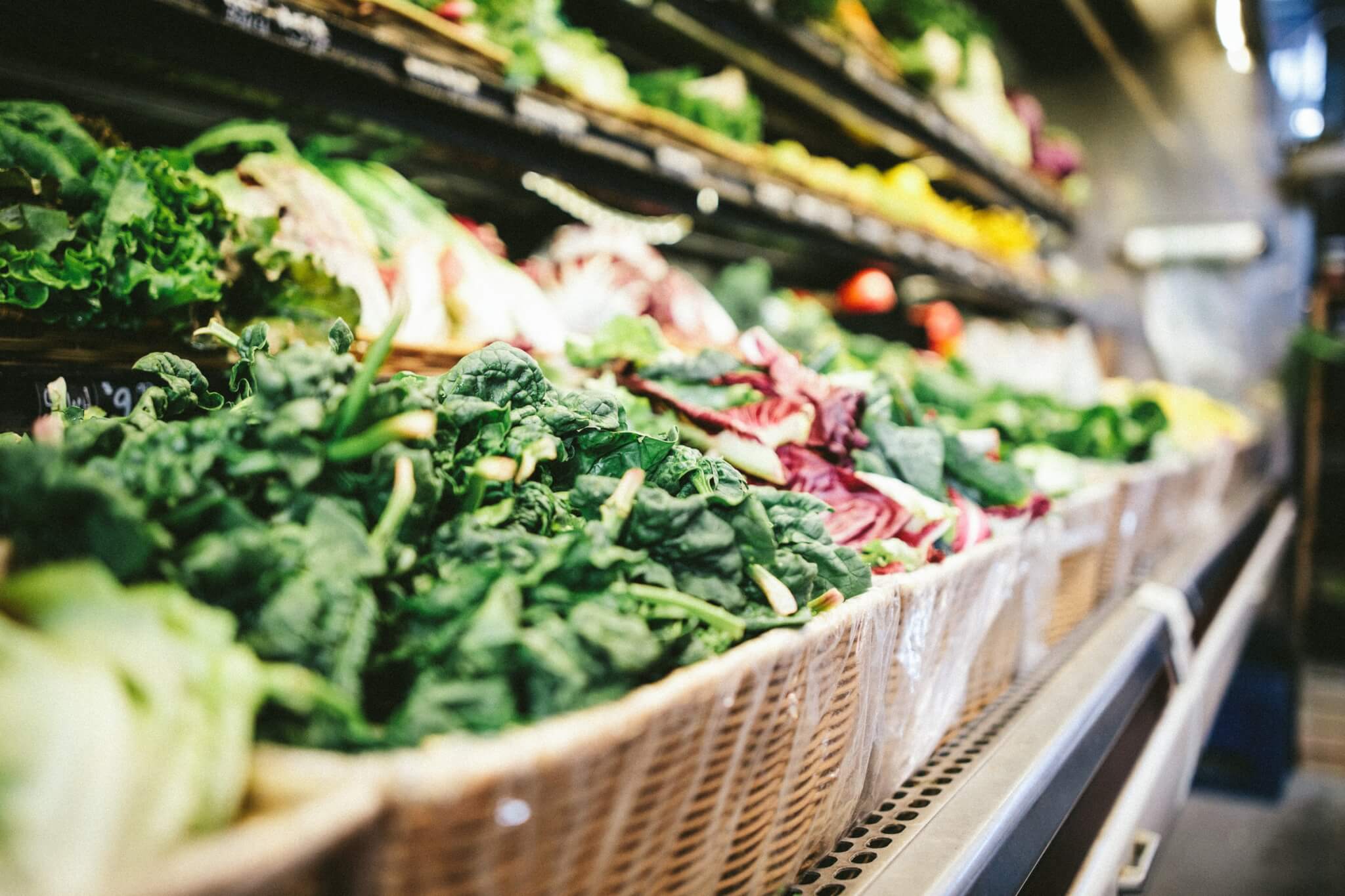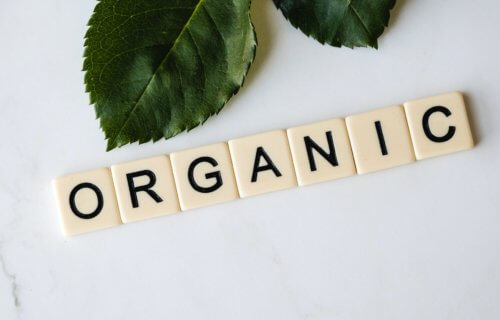People are usually surprised to hear that I usually don’t go out of my way to buy organic food all the time. Don’t get me wrong, I go to farmer’s markets for local and sustainable produce as much as possible, and there’s no kidding that food quality is important. However, this doesn’t mean that slapping “organic” on something means that it’s automatically better. Let’s delve deeper to explain why.
Any produce is better than no produce
The biggest issue with “organic” labeling and promoting organic foods as better than others is that it makes healthy eating seem stressful rather than attainable. It scares people from eating conventional produce out of fear that it’s “dirty” or is less nutritious. These are two claims not rooted in evidence. The former is an especially important thing to touch on because eating all produce (conventional or organic) runs the risk of encountering bacteria.
Additionally, organic produce is inaccessible for millions of Americans. From college students to low-income families to people in food deserts, there are lots of people who cannot always afford to pay the extra money for the organic stamp of approval. Personally speaking, I’d rather use my grocery budget to buy more fruits and veggies than buy less of them labeled as “organic.”

Organic certification is often unattainable for small farms
If you have a local farmer’s market that you go to, you’ll notice that a lot of produce stands don’t explicitly label their products as organic, even if they are. For small farmers, obtaining organic certification isn’t always a feasible choice because the legal process is time and money-intensive.
Certification can cost farmers upwards of $2,800 per year, and like everything else, prices have increased over the years. It makes sense that some farmers will choose to work without the label even if they meet all of the practice standards to make it official. Farms at local markets tend to have some of the freshest produce that you can find, so I won’t let the lack of “organic” on their signage stop me.

Food companies have mastered the art of labeling their foods in a way that appeals to a “health-conscious” buyer. There are organic crackers, chips, cookies, candies, and more out there on the market. They often cost more and make a consumer think that they’re “better” than normal versions of these items. Both of these varieties still contain excessive amounts of things like added sugar, salt, and fat. In other words, they can still negatively influence your health even if the flour or sugar used is organic.
Bottom Line
Organic produce can have some perks, but the label itself doesn’t automatically mean better. Fear mongering conventional produce makes it difficult for people to navigate healthy eating, and it makes it seem like you “have” to buy organic or else your food doesn’t count as healthy. This is not true. If you don’t already buy organic and/or are on a budget, it’s a better use of your money to buy as much affordable produce as you can rather than buying the most expensive kind. As a dietitian, I try to shop locally whenever I can to support local farmers who have fantastic quality standards (without an organic label). However, whenever I go to a regular grocery store, I find that it’s a much better use of my budget to buy conventional produce.

Ever wonder why government officials go out of their way to promote “organic foods”?
Many people think the prices on organic foods are higher than “regular” food because of price-gouging by the grocery stores and the organic farmers. While that may play a part, those taxes and fees, set by governments, are considered to be part the cost of production (“overhead”) and are passed on to the end consumer.
Yeah, thanks, everyone knows that.
The amounts and toxicity of both herbicide and pesticide are going up as weeds and insects adapt to what is already out there.
These things mess with your brain. It’s obvious that something is messing with Americans’ brains when you look around at the public discourse and what people say and do, the crime, the absurd politics.
Give me organic any day, especially for fruits that are known for high levels of chemicals such as blueberries, strawberries, etc.
The chemical industy is not so well known for its concern over consumers’ health. I just do what I can, and I think it is good to motivate the market to expand by buying organic.
The incremental benefits derived from organic foods varies with the type of food. Organic meats and milk can be more nutritious as well as low in hormones that can disrupt hormone balance. Some non-organic fruits and vegetables contain relatively high levels of pesticides, strawberries for example, while others such as avocados do not. Lists of high and low pesticide residue fruits and vegetables are easy to find. Search for the “Dirty Dozen.” Anyone on a tight budget might consider these facts when choosing between organic and non-organic foods.
Benefits of organic foods go beyond their freedom from pesticides and unwanted hormones or antibiotics. Environmental benefits include soil quality and manageability, agricultural sustainability, animal health, and elimination of damage from soil runoff. I would add that the shift to organic farming has stimulated beneficial research in food production.